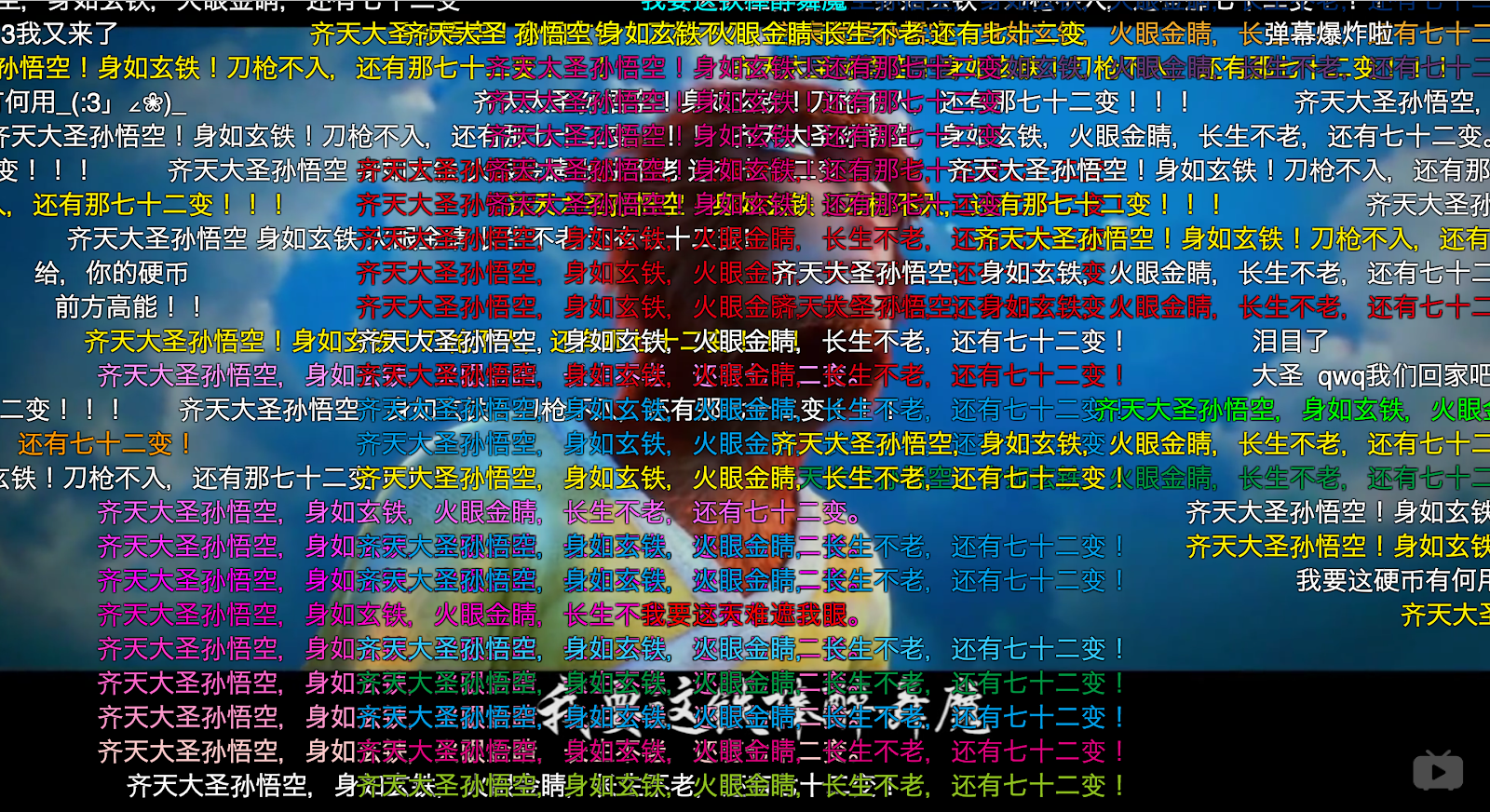Real-time censorship for real-time comments
Real-time censorship for real-time comments

In January, China released new guidelines to tighten its grip on the booming industry of short-video apps, requiring them to vet all sorts of content before publication. Under the new regulations, the content that is subject to self-censorship on platforms like Kuaishou and Douyin includes not only videos’ titles, languages, and graphics, but also real-time comments written by viewers while they are watching, better known as danmu 弹幕, or “bullet screens.”
Today, the People’s Daily published an article (in Chinese) that explains the thinking behind the decision to place danmu under tighter control and how Chinese short-video platforms are coping with the increasing demand of self-censorship.
According to the article’s author, 汪灵犀, when danmu was first introduced to the world, the novel feature was enjoyed by a small fraction of internet users. Over time, it morphed into a “cultural phenomenon unique to the age of the internet,” and, for many online video viewers, became a vital part of their watching experience. However, in the past few years in China, the rise of danmu culture and the internet regulators’ failure to keep its growth in check also resulted in a spread of “inappropriate content” that can contain vulgar elements such as pornography and violence.
Wang specifically pointed out that demotivational culture and “non-mainstream views about relationships and marriage” are two byproducts of danmu, which has negatively impacted society. “Unchecked growth does no good to the development of novel things,” Wang wrote. “The introduction of new rules indicated the authorities’ determination to purify the Chinese internet, make these apps aware of their social responsibilities, and create a healthy environment that encourages high-quality danmu content.”
Moreover, Wang noted that the new guidelines had prompted a slew of short-video platforms to expand their teams of censors. For example, Kuaishou, one of the most popular short-video platforms in the country, which now has a self-censorship team of 2,000 employees, announced it would hire 3,000 more censors in order to ensure its compliance with the new guidelines. In addition, Wang mentioned that to reduce the massive cost of human labor that is required for real-time censorship, some companies are inventing new methods that can make online censorship more efficient and less reliant on humans.
While the author claims that the crackdown on danmu is beneficial for internet users in the long term, Wang’s article was met with a barrage of criticism (in Chinese) on social media. Below is a collection of comments:

“Demotivational culture? When did it become a culture? Can the authorities give an official definition of what’s not demotivational? Is it pretending to be happy when the job market is weak? Is it praising government policies when home loans are devastating?”

“Non-mainstream views about relationships and marriage? Why does everything have to be mainstream? I suggest they invent brain chips to control what people think or there will always be different voices.”

“They just solved the problem of unemployment.”

“They really have nothing else to do. Vetting Danmu? Is that even possible?”






